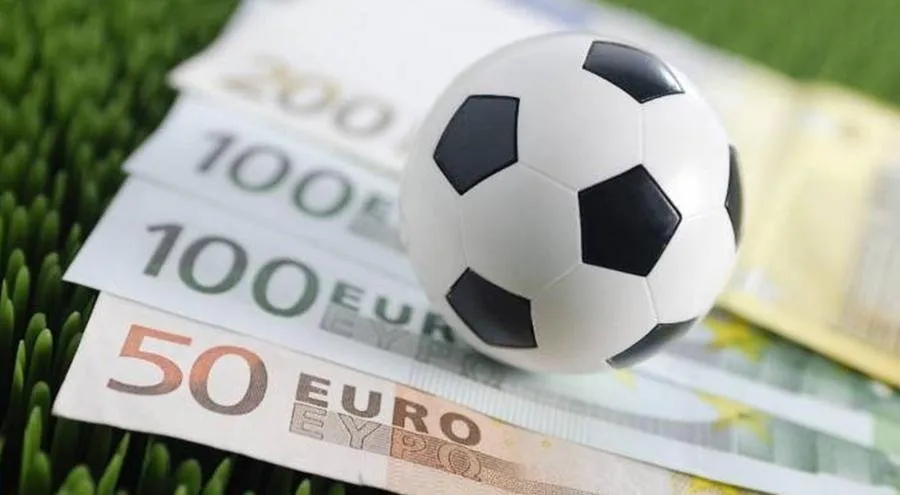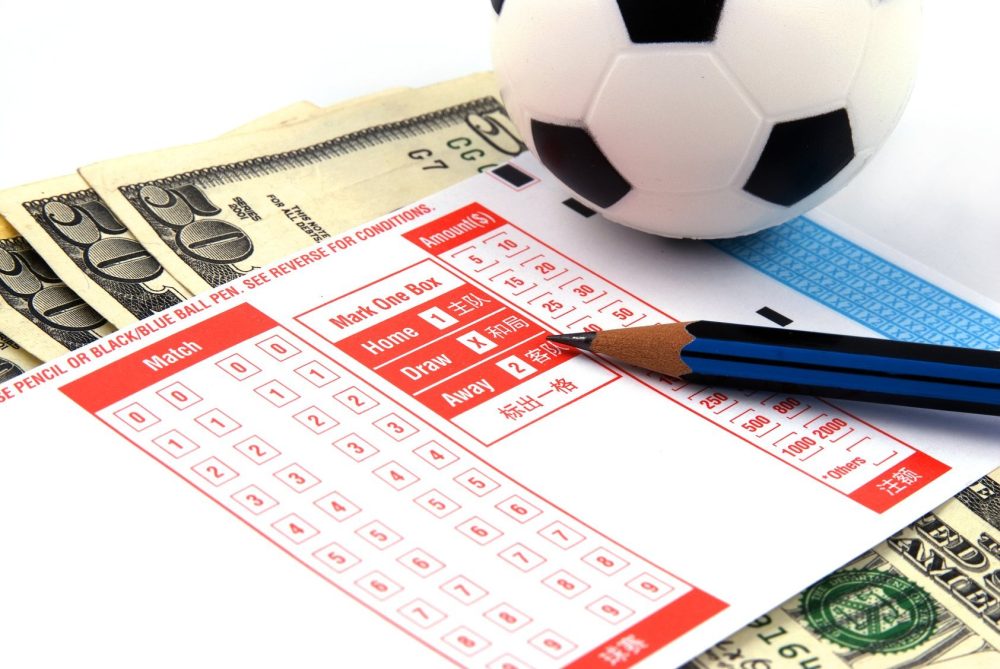Most people who come into contact with sports betting for the first time do not read predictions, but rely on their own intuition or their meagre knowledge of the team. The result: most hasty decisions end in losses. If you are not involved in sports analyses, you should take a closer look at the forecasts of professionals – they can significantly increase your chances of success. This is because they are based on careful analysis and a deep understanding of the games, as opposed to random predictions.
Professional predictions: how they work and what’s behind them
Many people think that sports predictions can be guessed intuitively. In fact, behind every successful calculation is a thorough analysis of sporting events and the processing of huge amounts of data. Professional tipsters are people who spend years studying sports disciplines, developing analytical skills and constantly improving their techniques. Their job is to take into account all the factors that can influence the outcome of the game: the current form of the team, injuries, statistics, the motivation of the athletes and even the weather conditions. All these parameters are summarised in a complex formula, the result of which is a high-quality prediction. This work requires time, experience and knowledge, which distinguishes professional calculations from those of amateurs.

The brain of a professional capper: analysis and statistics
If we look at the process of creating a sports betting prediction, we can draw an analogy with the work of mathematicians solving complex equations. Professional bettors don’t just analyse statistics – they use them as a basis for their decisions. For example, professionals take into account data on the results of previous matches, the percentage of possession, attack and defence. All this information is processed and translated into conclusions:
- Analysing the key players. The influence of each individual player on the team’s overall result is taken into account. For example, how significant the absence of a particular defender or striker is.
- Dynamics of changes in the team’s form. It is important to track trends of improvement or deterioration.
- Analysing the game plans. Evaluation of the coach’s tactical concepts and their effectiveness against certain opponents.
- Comparison of statistical indicators. Shots on goal, possession, accuracy of passes, in the current season and in previous seasons.
- Context of the games. Whether it is an important playoff game or an ordinary game with no impact on the standings.
- Analysis of physical performance. Data on the players’ runs, their physical condition and possible fatigue or injuries.
- Psychological aspects. The psychological state of the team and individual players can have a significant impact on their performance. For example: conflicts or high motivation.
Every decision a professional makes is a series of facts supported by sports statistics.
Paid predictions: an investment or a waste of money?
 The topic of paid sports betting predictions is highly controversial. On the one hand, the paid versions offer access to high-quality analysis material, but on the other hand, not every one of these calculations is a guarantee of success. Why is that the case? The fact is that professional bettors use a lot of resources and techniques to create their predictions, and that costs money. Free data is often based on superficial information and can be less reliable. But even paid forecasts require analysis by the user – you need to be able to distinguish quality services from fakes.
The topic of paid sports betting predictions is highly controversial. On the one hand, the paid versions offer access to high-quality analysis material, but on the other hand, not every one of these calculations is a guarantee of success. Why is that the case? The fact is that professional bettors use a lot of resources and techniques to create their predictions, and that costs money. Free data is often based on superficial information and can be less reliable. But even paid forecasts require analysis by the user – you need to be able to distinguish quality services from fakes.
Betting strategies: How to use sports predictions for successful betting
Competently used forecasts allow not only to reduce risks, but also to choose the optimal time. For example, one of the most popular strategies – betting on the result – requires careful analysis of all factors, from the team’s condition to statistics on personal encounters. Using sports predictions helps to minimise risk and increase the probability of success.
The role of prediction in successful sports betting strategies
Competent predictions are the basis for any successful tactic. When betting on overall results, for example, the user must take into account not only the number of goals scored in previous matches, but also many other indicators such as the team’s form, the weather conditions and even the motivation of the athletes:
The current performance in home and away matches. Some teams show a higher level of performance in home or away games, which can significantly influence the bet on the total score.
Squad changes. Injuries, disqualifications or the return of key players can affect the number of goals scored and conceded. Take into account the composition of the team for a particular match.
The style of play of the opponent. If both teams favour an attacking style, the probability of a high score increases. On the other hand, if a defensive tactic is favoured, the game may end with a low number of goals.
The coaching strategy for a particular game may involve a cautious style of play with an emphasis on defence or risky actions with an emphasis on attacking play. Analysing coaching discussions and plans.
The psychological state of the team. The results of recent matches and the general psychological state of the players can affect their motivation and confidence, which in turn affects their performance.
The tournament situation. Teams fighting for a play-off place or trying to avoid elimination often play more aggressively, which can lead to more goals being scored.
Using prediction data helps to reduce risk and make more informed decisions, which ultimately increases the chances of winning. Predictions form the basis for the entire strategy.
Free vs. paid predictions: Which is the right choice for sports betting?
Many beginners often ask themselves whether they should pay for predictions or whether they can get by with free predictions. Free versions can be a good starting point, especially for those who are new to the world of betting. However, they tend to be less accurate and don’t take into account all the factors that influence the outcome. Paid sports predictions, on the other hand, offer a more thorough and in-depth analysis, which is especially important for those who want to bet regularly. The quality of the information and the expertise of those producing the analyses are crucial here.

Conclusion
 Professional sports betting predictions are a comprehensive tool that allows you to make more informed and considered decisions. Analyses give you access to data that will help you improve your results. The most important thing is that you understand that even the best prediction does not guarantee a win, but significantly increases your chances of winning. Invest in high-quality calculations, learn to analyse and make decisions wisely.
Professional sports betting predictions are a comprehensive tool that allows you to make more informed and considered decisions. Analyses give you access to data that will help you improve your results. The most important thing is that you understand that even the best prediction does not guarantee a win, but significantly increases your chances of winning. Invest in high-quality calculations, learn to analyse and make decisions wisely.
 en
en  de
de  ar
ar  es
es  nl
nl  hi
hi  fr
fr  it
it  pt
pt  el
el 









